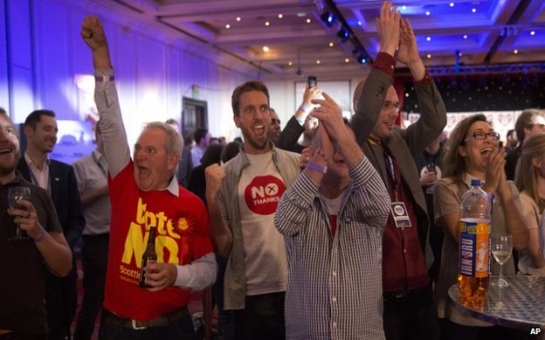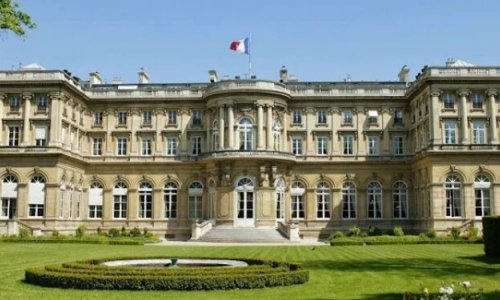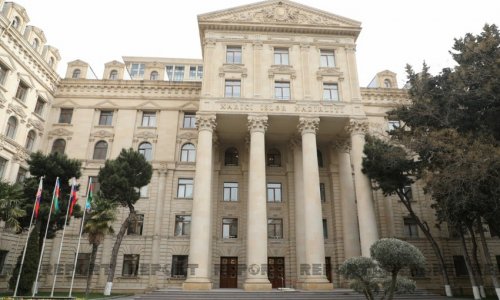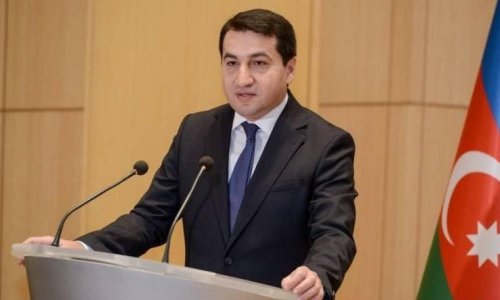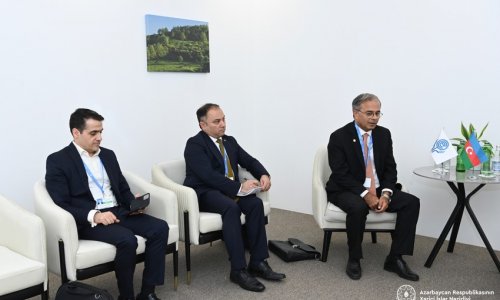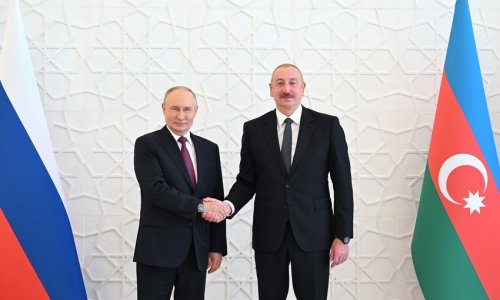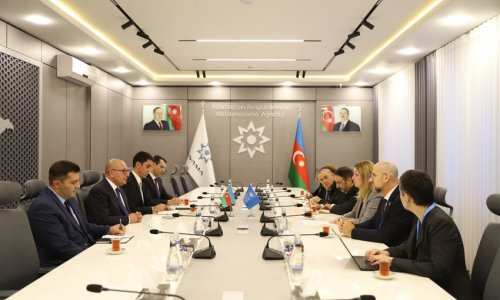By Kamal Ali
I was shocked by the outcome of yesterday’s Scottish referendum. Under the influence of Russian media propaganda, I thought Scotland’s separation from the UK was a foregone conclusion.
I can understand why Russian TV channels showed mostly Scotts waving “Yes” banners. They needed it to justify the armed separatism that’s raging in Ukraine’s Luhansk and Donetsk and to support the Kremlin’s policy of dividing unruly countries that were viewed as fraternal just yesterday.
Although I did realize the underlying reason, I was brainwashed.
Europeans, after all, are rational people. The electorate in Scotland is made up of people living in their decent houses, including pensioners who prefer comfort and tranquility to an uncertain future. “Destroying and not building” is a Russian saying. In fact, destruction is what Russia does most of the time.
The Scottish referendum is of huge significance to the entire world. It is as important as the developments that shaped the future of Europe and the world as a whole. Separatists in under-developed and backward countries were preparing to raise their fingers and say: “Look, borders are not made of iron! The time has come for Europe to redraw its borders. The principle of territorial integrity is no longer valid.” This dirty demagogy would bring about more bloodshed and poverty.
None of the separatist regions in the former Soviet Union that illegally broke away following bloody armed conflicts have achieved the development and prosperity that they desired. Residents of Nagorno-Karabakh, Transnistria, South Ossetia, Abkhazia and now Crimea, Luhansk and Donetsk received poverty, instability and fake passports in return for their loved ones killed or maimed during the wars.
The other day, I watched a report on Russian television about the life in Georgia’s separatist region of Abkhazia. It emerged that the Abkhaz do not have their own money. They use tangerines to buy basic needs they need. The situation is as bad in Luhansk and Donetsk, where ruined buildings will probably never be rebuilt.
Moldova’s Dniestr region is in Europe but residents live as in Asia. South Ossetia is like a remote Russian province of the early 1990s. There is no asphalt tarmac in Nagorno-Karabakh. People wear cheap Turkish-made clothes. Prices are rising and people are suffering in the hands of local oligarchs.
The Scottish referendum convinced hot minds that living together in a large and rich house is better than suffering in a separate and poor hut. After all, our children, their health, safety and education are the most important to us. We need to work, eat well, travel abroad and not worry about retirement in poverty. All the remaining things – flags, shouts and slogans – are tools for exploitation of the majority.
Bakudaily.Az

